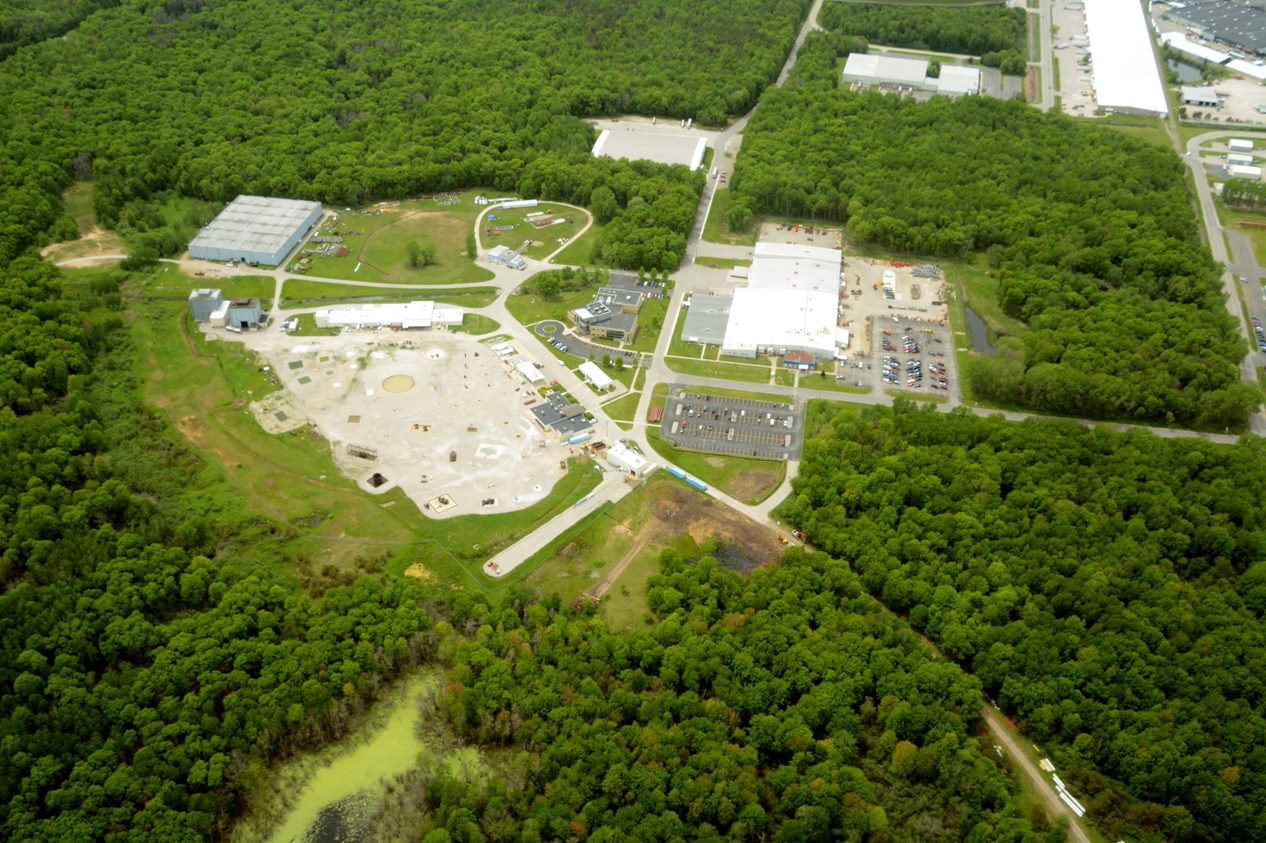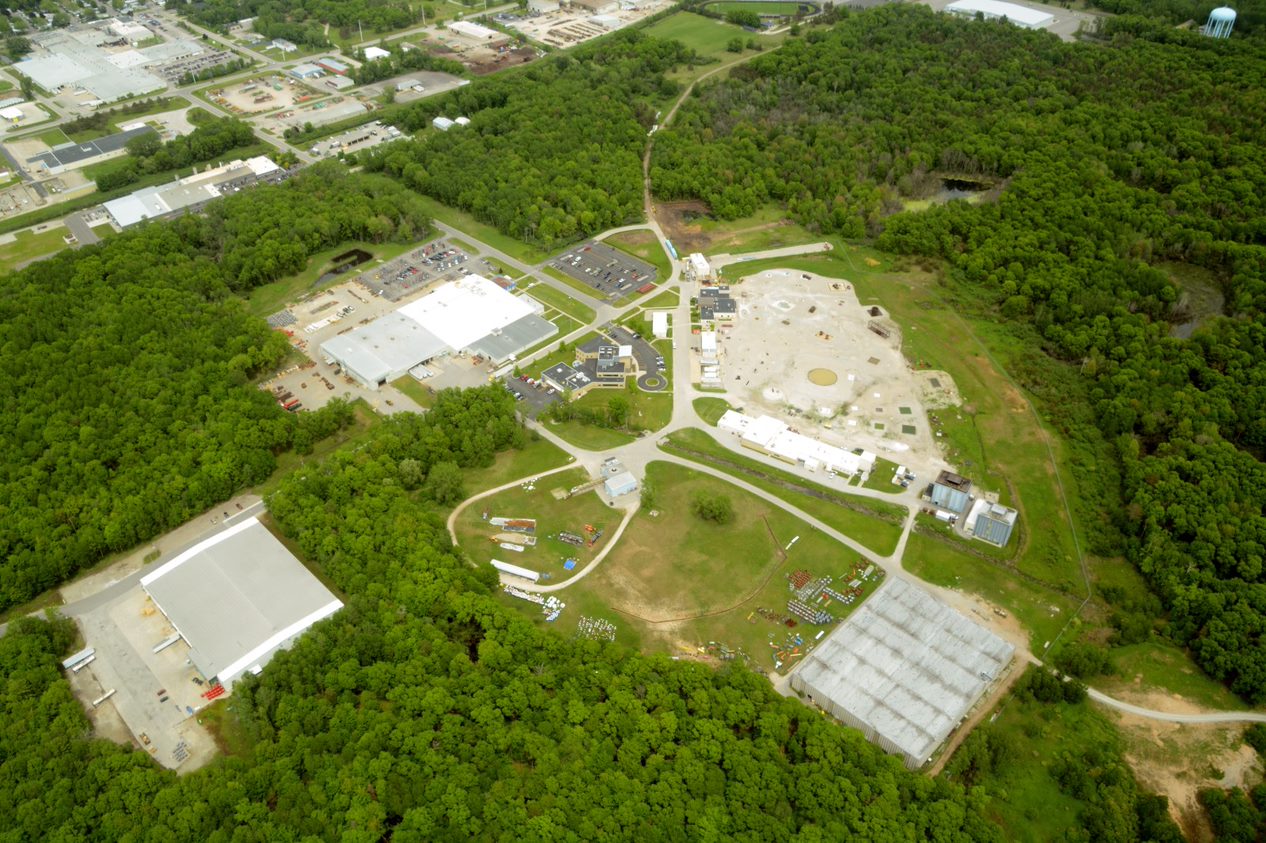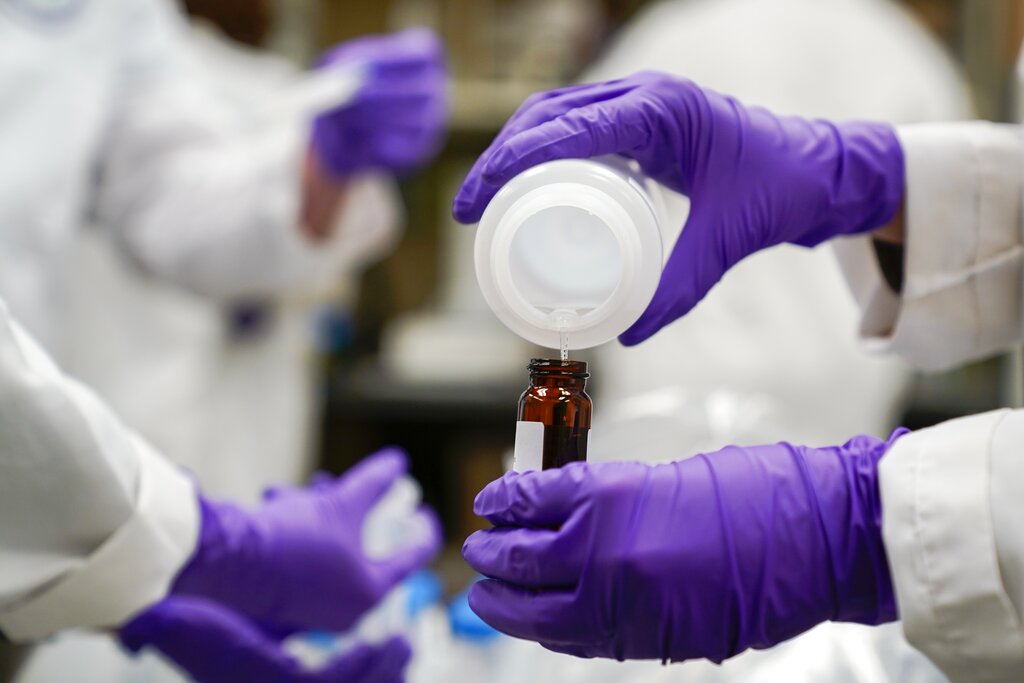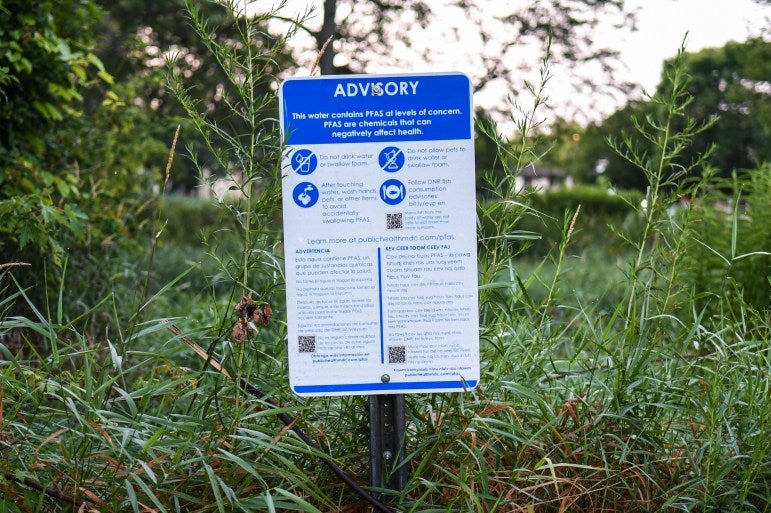The Environmental Protection Agency has granted the town of Peshtigo’s petition to examine the release of harmful forever chemicals tied to a Marinette manufacturer of firefighting foam.
Last year, Peshtigo resident Jeff Lamont and Cindy Boyle, town chair, asked the EPA to conduct a preliminary assessment. They want federal regulators to gauge whether PFAS coming from Tyco Fire Products’ fire training facility may trigger liability to clean up contamination under the federal Superfund law.
On Thursday, the town said the federal agency will now conduct a site inspection at Tyco’s facility to determine if the site could be listed for remediation under that law. It’s also referred to as the Comprehensive Environmental Response, Compensation, and Liability Act.
News with a little more humanity
WPR’s “Wisconsin Today” newsletter keeps you connected to the state you love without feeling overwhelmed. No paywall. No agenda. No corporate filter.
“The preliminary findings of EPA have validated our worst fears of the PFAS contamination in our community,” Lamont said in a release. “We remain hopeful that federal environmental regulators will work to ensure that the responsible party remediates our groundwater and restores the quality of our drinking water.”
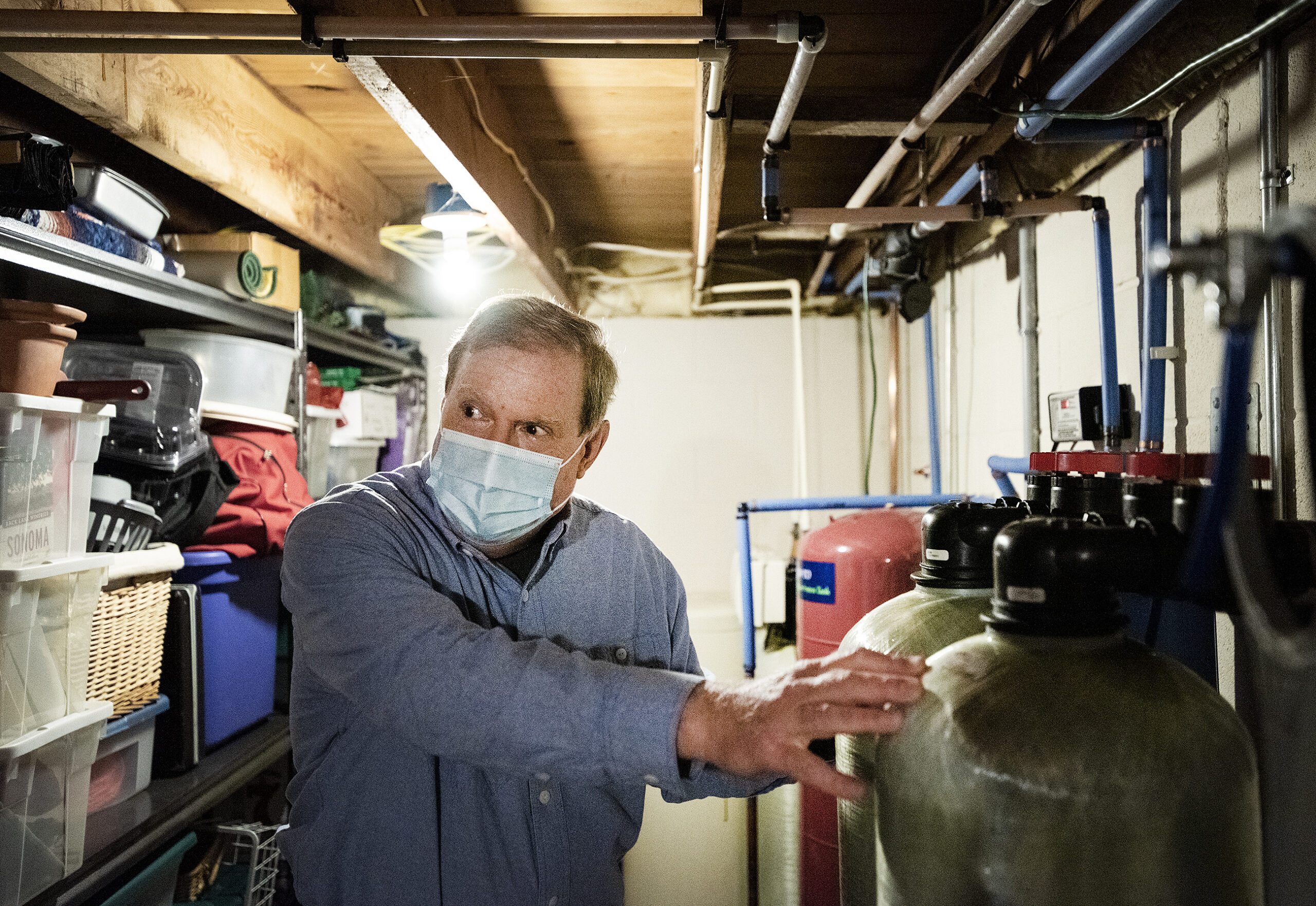
PFAS are a class of thousands of synthetic chemicals widely used by industry since the 1940s. They’ve been used in everyday products like nonstick cookware, stain-resistant clothing, food wrappers and firefighting foam. The chemicals don’t break down easily in the environment. Research shows high exposure to PFAS has been linked to kidney and testicular cancers, fertility issues, thyroid disease and reduced response to vaccines over time.
The EPA said Thursday it had already completed a preliminary assessment of two sites owned by Tyco and its parent company Johnson Controls International, or JCI, in Marinette.
“More than five decades of unregulated firefighting foam testing at the properties resulted in PFAS contamination of groundwater and surface water,” an EPA spokesperson said in a statement. “EPA evaluated documented PFAS releases from both properties and determined one, the JCI/Tyco Fire Technology Center located at 2700 Industrial Parkway South, is eligible for further evaluation under the federal Superfund process.”
The EPA said Tyco’s Stanton Street site is currently under an administrative order by the agency to address arsenic contamination.
The federal agency has not yet finalized standards for PFAS or designated them as hazardous substances, which means they don’t currently trigger action under the federal Superfund law. In August last year, the agency proposed designating two of the most widely studied chemicals as hazardous substances — PFOA and PFOS.
Boyle and Lamont are among around 170 residents in the community who have been relying on bottled water or in-home treatment systems provided by Tyco due to PFAS pollution of private wells stemming the Marinette fire training facility. Hundreds of other wells have been tested for PFAS with most showing levels below the state’s recommended standards for groundwater. However, the EPA has proposed health advisory levels for PFAS and drinking water limits far below the state’s proposed threshold.
Peshtigo residents first learned of PFAS pollution in 2017 when Tyco began investigating contamination with the Department of Natural Resources. The DNR later referred Tyco and Johnson Controls to the Wisconsin Department of Justice for failure to report any release of PFAS when the chemicals were first discovered in 2013 at levels as high as 254,000 parts per trillion in groundwater. Company officials maintain they believed contamination was confined to its site.
In March last year, Wisconsin Attorney General Josh Kaul filed a lawsuit against Tyco and Johnson Controls for violating the state’s hazardous spills law, saying the company hasn’t done enough to clean up PFAS contamination. A trial has been tentatively set for December of next year.
In September, Tyco and its parent company Johnson Controls began operation of a groundwater extraction and treatment system that they claim will treat 95 percent of PFAS in the area. The DNR has said it will remove, but not completely eliminate the chemicals from groundwater.
More recently, Tyco has installed five deep wells for homeowners, according to a spokesperson for Johnson Controls. The company said testing shows three wells had no trace of PFAS and treatment systems successfully treated other contaminants like radium. Monitoring wells will be installed and tracked over time under DNR supervision to ensure safe water from the deep aquifer. Kathleen Cantillon with Johnson Controls said 45 out of 101 property owners have signed agreements to install deep wells.
In Wisconsin, PFAS have been detected in more than 50 communities from small towns like Peshtigo and Campbell to larger cities like Eau Claire, Wausau and Madison. The DNR is actively investigating around 100 sites for PFAS pollution, according to its website tracking environmental cleanups.
Wisconsin Public Radio, © Copyright 2026, Board of Regents of the University of Wisconsin System and Wisconsin Educational Communications Board.
